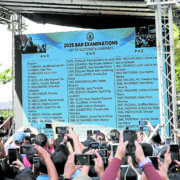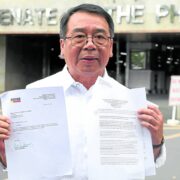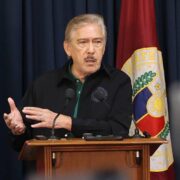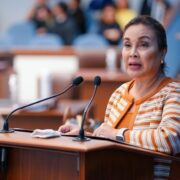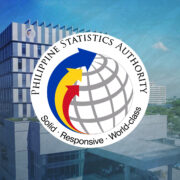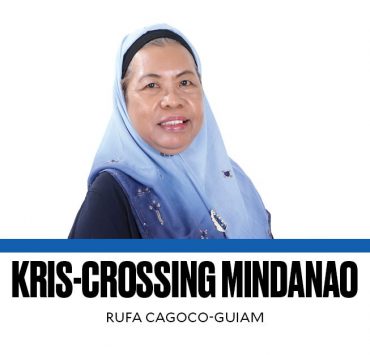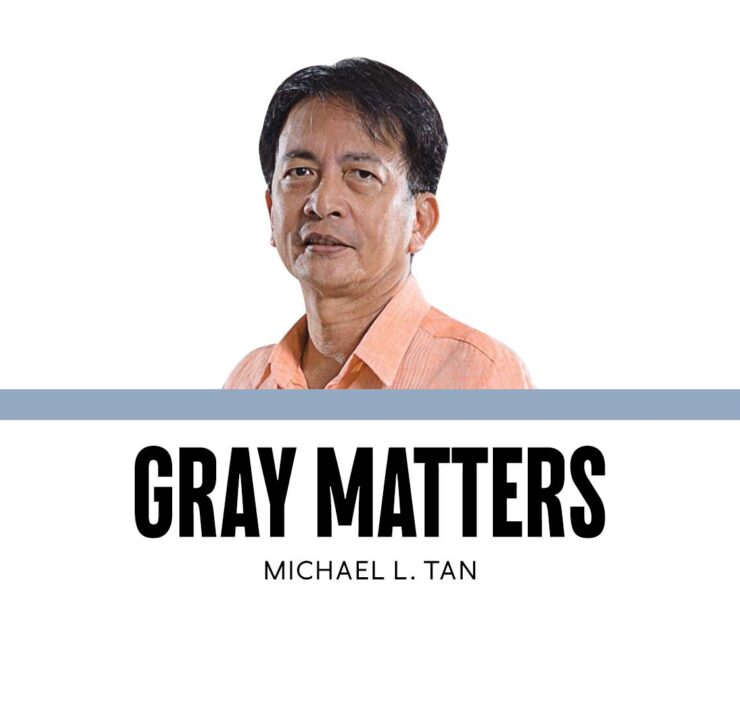Democratic instincts

To start the new year on a happy note, I thought I’d write about how three countries scored gains toward democracy in 2024, with lessons to offer the Philippines. In two of these countries, the gains were made as a result of elections, with more than 100 countries going to the polls in 2024, and involving almost half of the world’s population.
I chose “democratic instincts” as a title because in recent years, we’ve seen how democracy seems to be almost instinctive in the biological sense of the word and I’m inclined to believe that perhaps the desire for democracy, in the sense of wanting freedom and fairness, is to some extent innate. It’s something we want, something we strive for, maybe even becoming part of human evolution because it contributes to our survival.
At the same time, I believe democracy itself evolves out of collective human experiences. We’ve seen, for example, how early notions of democracy in Greece, one of the early centers of democracy (the word itself derived from Greek), were not meant to be universal, with a distinction between free humans and slaves. Up until the 20th century, as democracies emerged throughout the world, many countries continued to hold back the right to vote—a hallmark of democracy—from women.
For 2024, we start with South Korea, where the incumbent president Yoon Suk-yeol declared martial law in the middle of the night of Dec. 3. What he wasn’t prepared for was the backlash not just from the opposition but from the public, with Seoul’s citizens rushing over to the National Assembly building and demanding that the president withdraw the declaration.
Six hours after its declaration, President Yoon lifted martial law. The fight wasn’t over though, as the opposition successfully moved to impeach him a few days later. Alas, the impeachment process required more than a vote of the members of parliament. A month after the brief flirtation with martial law, two more presidents have been impeached and the political crisis continues.
Important for Filipinos is the way South Koreans did not forget, making “Never again” more than an empty slogan, especially remembering Gwangju, the center of student protests in 1980 against a martial law regime that resulted in hundreds of students killed.
South Koreans value democracy. A side story to that valorization of democracy: in our 2025 elections, we will be using electronic voting machines from the South Korean firm Miru Systems.
Next in our list of democratic exemplars is Bangladesh, the eighth most populated country in the world. Bangladesh held elections in January 2024, with the incumbent prime minister Sheikh Hasina vying for a fourth consecutive term. The daughter of Sheikh Mujibur Rahman, who led Bangladesh’s war of independence from Pakistan, Sheikh Hasina had started out with popular support but became more and more authoritarian. Only 10 percent of Bangladesh’s eligible voters showed up at the polls in the January election.
Predictably, she declared victory, which sparked riots mainly led by students. More than 300 students were killed in the protest actions before an agreement was reached, in August, to appoint an interim chief advisor to form a new government. This was Muhammad Yunus, who had gained worldwide attention with his successful Grameen Bank and micro-financing projects, offering banking services not just to small but also micro-enterprises, with special attention to women. Yunus is an economist and has never been involved in politics. He has appointed a Cabinet with very young members, and has promised elections that may take place by 2026.
Micro-financing has been replicated in many developing countries, including the Philippines, so Yunus’ name is familiar, especially to nongovernment organizations and people who believe that civil society, rather than politicians, can build stronger democracies.
Bangladesh’s neighbor India, the world’s most populous nation, also had elections in 2024 with dire predictions that its authoritarian (but still nominally democratic) Prime Minister Narendra Modi would win a fourth term. Modi was a religious populist, trying to replace India’s secularism with Hindu nationalism, which included fomenting prejudice and bigotry against India’s 200 million Muslims. Political commentators, especially westerners, predicted he would win, painting a picture of India’s poor being ignorant and easy to manipulate but the election resulted in Modi and his party actually losing seats in the parliament despite their expensive campaign.
—————
mtan@inquirer.com.ph




